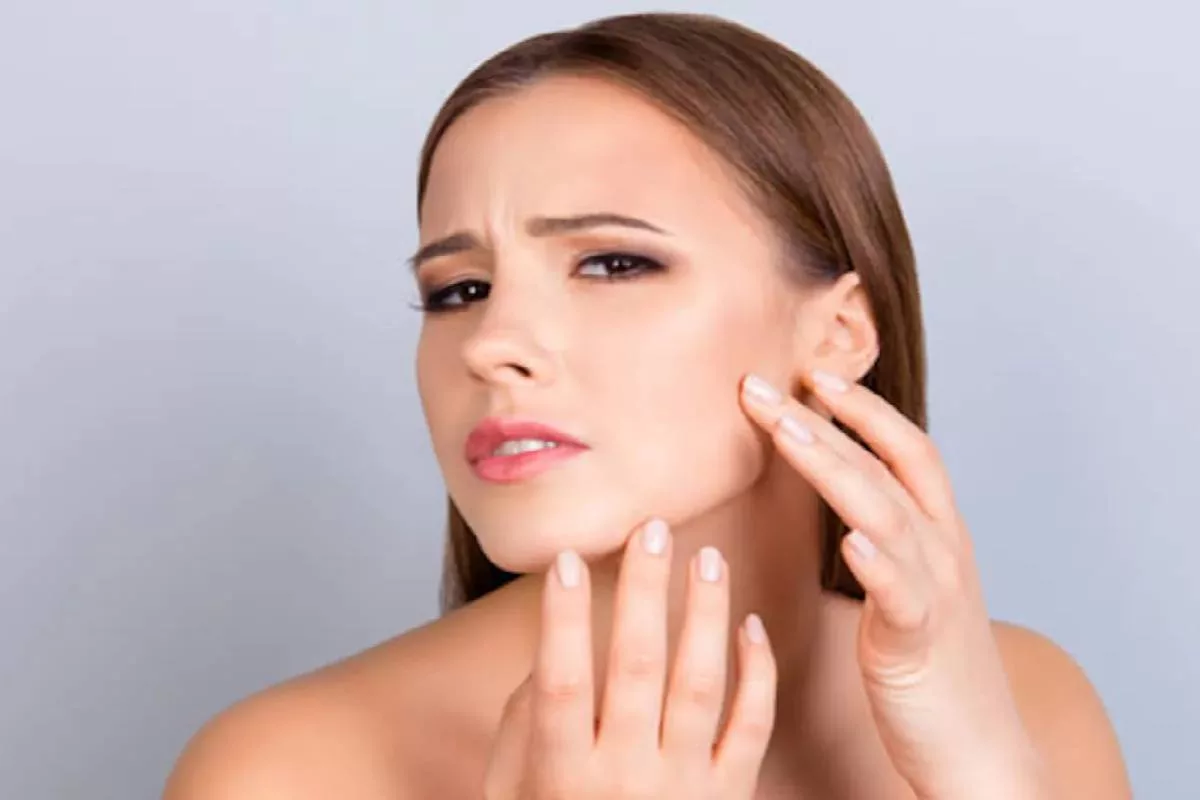How To Get Clear Skin Fast
How To Get Clear Skin Fast?: Getting clear skin might be challenging for many people. Depending on the individual’s skin type, many techniques can be used to get clear skin.
People who struggle with acne or blemishes typically have dry, oily, or a combination of the two types of skin.
There are several skin care recommendations for various skin types, as well as general recommendations that people might use. Anyone who is unsure of their skin care regimen should speak with a dermatologist for more information.
Tips for general skin care
Do not pop pimples.
- A pimple is a sign of bacteria, sebum, and oil trapped inside. Additionally, it indicates that the body’s innate healing process is in operation.
Popping the pimple prevents this healing from - taking place. The liquids that are spilled also expose nearby skin to the same germs, raising the possibility of developing more pimples.
- Permanent scarring could potentially result from the exposed zit. Always try to avoid popping pimples. Keep the space tidy if they drain.
Wash once per day and once after perspiring.
- People who wash twice a day and then after they’ve perspired. It is best to wash the skin as soon as possible after perspiring because letting sweat sit on the skin to dry might exacerbate acne.
- Don’t touch your face.
- Touching the face with the hands can cause breakouts by transferring bacteria, oils, and dirt to the skin.
Moisturize
- After a daily face wash, moisturizing is beneficial for all skin types.
- Keeping the face hydrated may aid in regulating sebum production and shielding it from environmental harm.
- Depending on the person’s skin type, each situation will have a different best moisturiser.
- Any person who is unsure of what moisturisers will be effective for them should speak with a dermatologist.
Wear sunscreen constantly.
- UV (ultraviolet) radiation from the sun harm skin. When outdoors, wear sunscreen to help shield your skin from these damaging rays.
Use softer products, please
- In general, those who have sensitive skin will respond better to gentle cosmetics because they are less prone to irritate their skin.
- Products containing alcohol are among those that frequently aggravate sensitive skin.
- There are mild, hypoallergenic variations of these products.
- Before using any product on a larger region of skin, it is still crucial to test a tiny patch of skin for responses.
Don’t use hot water
- Bathing, taking a shower, or washing your hands and face with extremely hot water can dry out or harm your skin.
- People can try using lukewarm water if they experience dry skin after showering.
Utilize gentle cleaning tools
- Exfoliation is necessary to remove dead skin cells, however some tools can be overly abrasive and endanger the skin.
- Tools that are too harsh for the skin, such as loofahs, rough sponges, or washcloths, can harm and irritate it.
- There are some sensitive options, such gentle cleaning brushes. Alternately, massaging a cleaner into the face with clean fingers may lessen further irritation.
Utilize topical remedies
- All skin types may benefit from topical acne treatment. There are numerous different medications available, including:
- Benzoyl peroxide, either alone or in combination with other substances such antibiotics.
- Topical retinoids with salicylic acid, such as tretinoin dapsone, which combines azelaic acid with an anti-inflammatory and antibiotic to clear pores
Keep hydrated.
- Water is necessary for all body cells. Since skin cells are the most exposed to the outside elements, they may be more susceptible to moisture loss from the outdoors.
- Throughout the day, drinking water may help maintain the skin cells healthy.
Consume a balanced diet.
- Eating a nutritious diet is crucial for the body as a whole and may also be good for the skin.
- The nutrients that the skin requires to keep healthy can possibly be provided by consuming a diet high in plant-based meals and lean protein sources.
Also Read: The Fifty Percent Rule

